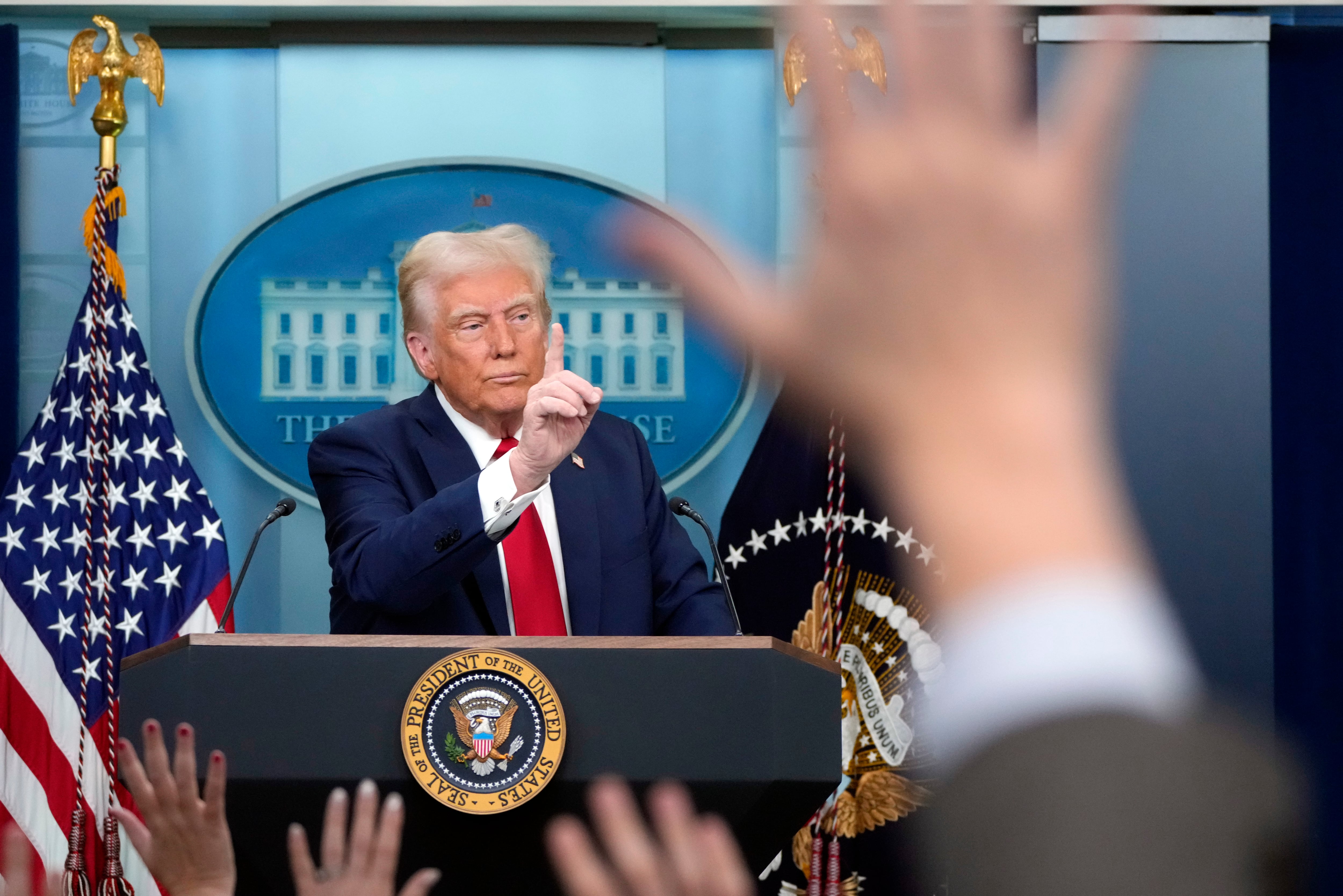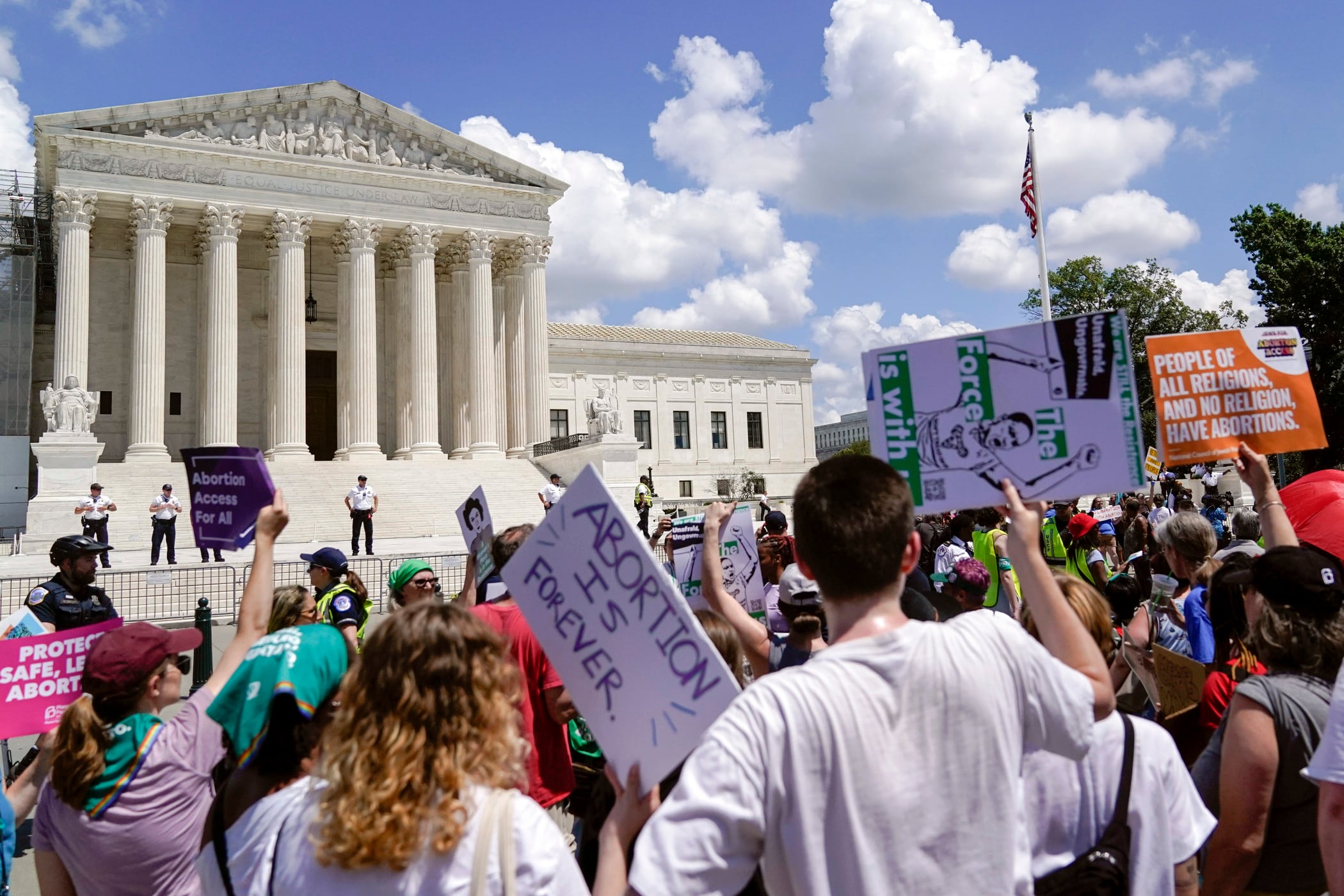Army veteran David Shanley-Dillman pretty much lives paycheck-to-paycheck since a recent string of financial issues depleted his family’s savings.
And because he works for the Department of Agriculture’s U.S. Forest Service, one of the agencies impacted by the ongoing government shutdown, come Friday, the former military police officer is about to find out what it’s like to live on no paycheck at all.
“Now we’re looking at our usual bills. We’re being very conservative [about] whether we’re going to pay them on time or not, depending on how the shutdown goes forward,” said Shanley-Dillman, a planner for the Huron-Manistee National Forests in Michigan. “Food and shelter first.”
Nearly a third of the federal workforce is made up of veterans — an estimated 248,400 of whom are not getting paychecks as the government is three weeks into a partial shutdown, according to the AFL-CIO Union Veterans Council.
“Stress levels are going up. The mental fatigue is going up,” said William Attig, the council’s executive director. “This is, in my opinion, a recipe for disaster for some of these veterans.”
The impacted federal agencies employing the largest proportions of veterans include the Homeland Security, Transportation and Justice departments, where veterans make up 25 percent or more of the workforce, according to the latest figures from the Office of Personnel Management.
These include border patrol officers, federal prison guards, Transportation Security Administration agents and air traffic controllers, among others.
“They believe that this is a continuation of service to their nation,” Attig said. “It is shameful that their lives are being played with as pawns from either side.”
In a tweet recognizing National Law Enforcement Day Wednesday, President Trump included a shout-out to federal law enforcement officers, writing, “We love you and will always support you.”
After initially saying he would accept responsibility for a shutdown, Trump has since blamed the shutdown on Democrats, who will not approve Trump’s push for $5.7 billion in funding for a wall at the U.S.-Mexico border — a plan also rejected by some members of his own party.
“This barrier is absolutely critical to border security. It’s also what our professionals at the border want and need,” he said in a televised address to the nation Tuesday.
In her response on Capitol Hill Wednesday, Speaker of the House Nancy Pelosi, D-Calif., highlighted the fact that the shutdown is hurting veterans, whom Trump has vowed to protect and support since the campaign trail.
“Our veterans are very adversely affected by this. If we want to support our veterans, we will not hurt their credit rating. And that’s what missing a mortgage, a rental payment, a car payment and the rest does to everyone’s credit rating,” she said.
Build a wall or don’t — Shanley-Dillman doesn’t care. He just wants to see elected officials come to some sort of compromise so that he and his other veteran colleagues can get back to work.
“I know some of them, like myself, have issues with PTSD,” he said. “Veterans just do better with a full-time job, a regular job. That’s one of the most impactful things that can help a veteran manage life. The shutdown on top of PTSD — it’s difficult to navigate.”
Attig said the Union Veterans Council isn’t pointing fingers or taking a stance on the wall funding, but the organization is strongly advocating for veterans and other federal workers to get paid.
“If we need to improve border security, we’re all for that,” he said. “But people’s lives shouldn’t be put on the line and held hostage.”
Military Times contributor and former reporter Natalie Gross hosts the Spouse Angle podcast. She grew up in a military family and has a master's degree in journalism from Georgetown University.





